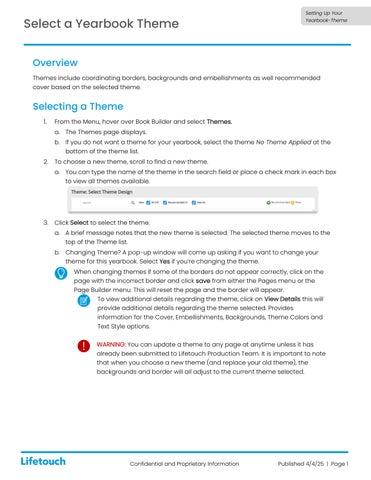Miss Ivory Coast Pageant Champions Authenticity with Wig and Weave Prohibition
In a pioneering effort to redefine beauty norms, the Miss Ivory Coast pageant has introduced a bold policy banning wigs and weaves among its contestants. This initiative is designed to celebrate natural hair textures and encourage participants to embrace their genuine selves. The move has ignited vibrant conversations about cultural identity, heritage, and self-acceptance within Ivorian society and beyond.
As global movements increasingly emphasize diversity and authenticity in beauty standards, this decision positions the Miss Ivory Coast competition at the forefront of change. It challenges long-standing conventions that often favor artificial enhancements, instead promoting an appreciation for natural features that reflect African roots.
Encouraging Natural Hair: A New Era for Contestants
The upcoming edition of the pageant will spotlight contestants’ natural hairstyles, showcasing the rich variety of hair types found across Ivory Coast. Organizers hope this shift will empower women to confidently present their authentic appearance without relying on synthetic hairpieces or extensions.
This approach aligns with wider African initiatives advocating for natural beauty acceptance—movements gaining momentum as more individuals reject Eurocentric ideals in favor of celebrating indigenous aesthetics. Key themes emphasized by supporters include:
- Empowerment: Inspiring women to take pride in their unique looks.
- Cultural Pride: Honoring traditional African hairstyles as symbols of heritage.
- Youth Inspiration: Encouraging younger generations to embrace their identity unapologetically.
The Broader Impact on Beauty Perceptions and Contestants’ Experiences
This new regulation represents a transformative moment in how beauty is perceived within Ivorian culture. By prioritizing “natural beauty,” it invites society to broaden its understanding beyond conventional standards shaped by media portrayals that often marginalize diverse appearances.
The implications for participants are multifaceted:
- Boosted Confidence: Many contestants may find renewed self-esteem through embracing their authentic look, fostering solidarity among peers who share similar experiences with natural hair challenges.
- Diverse Representation: Increased visibility of varied hair textures can help normalize these styles in mainstream media outlets both locally and internationally.
- Cultural Debate: Some critics argue that restricting styling options could limit personal expression; however, proponents view it as an inclusive step toward redefining what constitutes true beauty.
This evolving dialogue encourages reflection on societal expectations around appearance while highlighting the importance of honoring one’s roots amid modern influences—a conversation resonating far beyond Ivory Coast’s borders.
The Role of Authenticity: Insights from Industry Experts
The ban on wigs and weaves has garnered attention from pageantry professionals who underscore authenticity as essential for meaningful representation. Experts highlight how embracing natural features disrupts entrenched Eurocentric ideals prevalent throughout global beauty industries—ideals which have historically sidelined African aesthetics despite growing calls for inclusivity worldwide.
- Nurturing Self-Worth: Genuine representation helps young women develop positive body image by validating diverse forms of beauty rooted in cultural identity rather than conformity.
- Dismantling Stereotypes: Rejecting artificial enhancements challenges narrow definitions imposed by traditional pageantry frameworks dominated by Western standards.
- Cultural Affirmation: Celebrating unaltered hairstyles honors ancestral traditions while empowering contestants to connect deeply with their heritage during public appearances on national stages like Miss Ivory Coast—and potentially inspiring other contests across Africa to follow suit.
A Forward-Looking Perspective: Shaping Beauty Standards Across Africa
The Miss Ivory Coast pageant’s decision signals a significant evolution in regional attitudes toward female representation within competitive arenas traditionally influenced by external aesthetic pressures. By elevating natural hair over wigs or weaves, organizers aim not only to uplift individual confidence but also challenge societal norms that have long favored artificial modification over authenticity.
This initiative arrives amid broader continental shifts where countries such as Ghana—with its rising emphasis on Afrocentric pride—and Namibia—recently electing its first female leader—reflect changing narratives around identity empowerment (source, source). As these stories unfold concurrently across Africa, they collectively contribute toward reshaping perceptions about leadership roles—including those defined through cultural expressions like hairstyle choices during high-profile events such as national pageants.
The eyes of many are now fixed upon Ivory Coast’s trailblazing stance; observers anticipate this policy could inspire similar reforms elsewhere while sparking vital conversations about individuality versus conformity within contemporary definitions of feminine allure.

